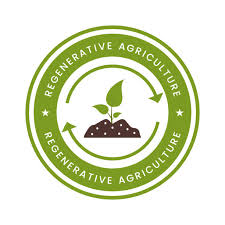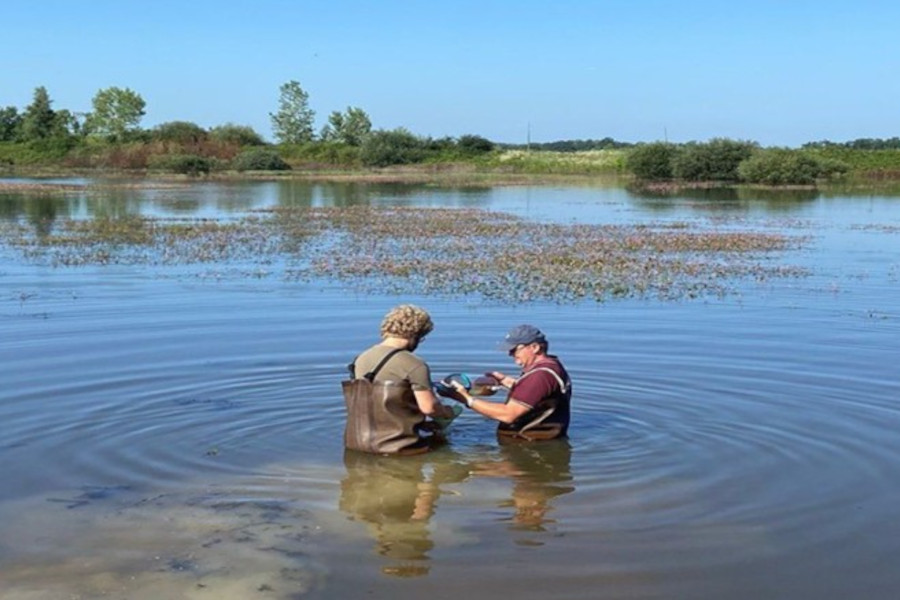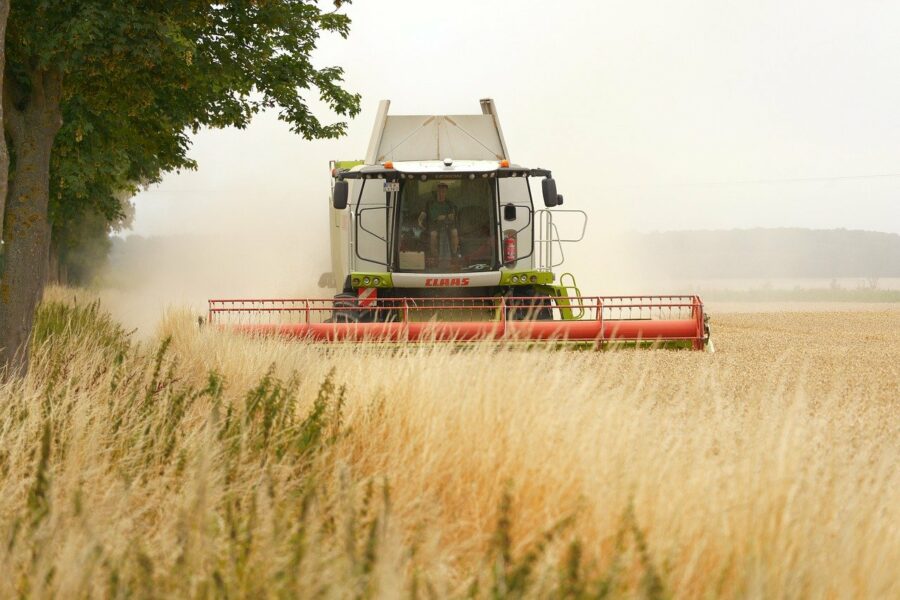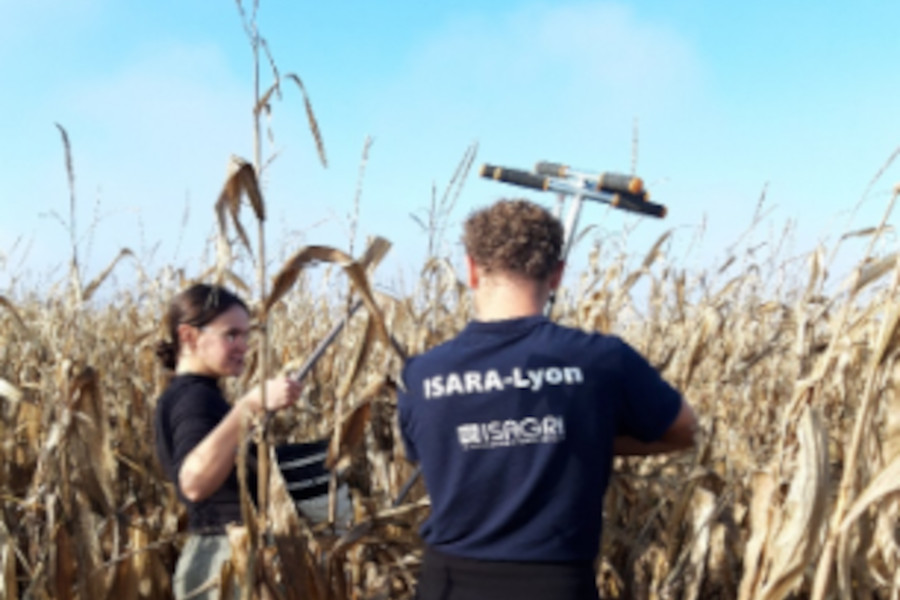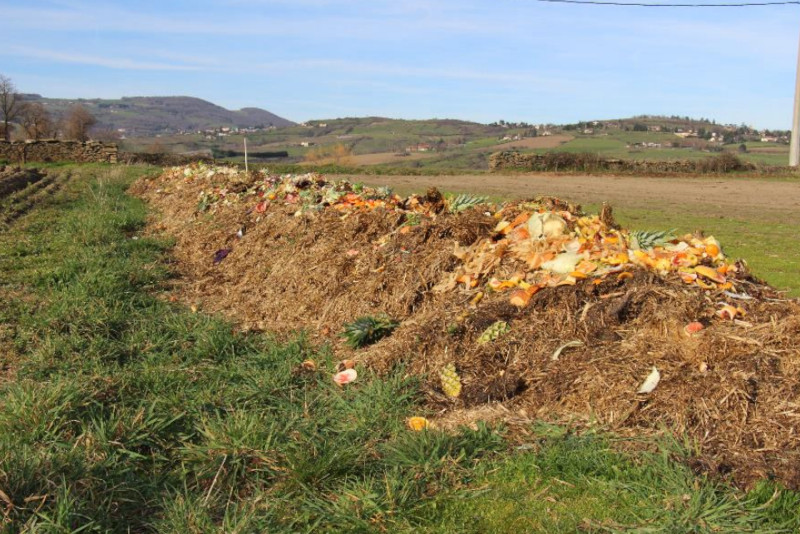Our expertise
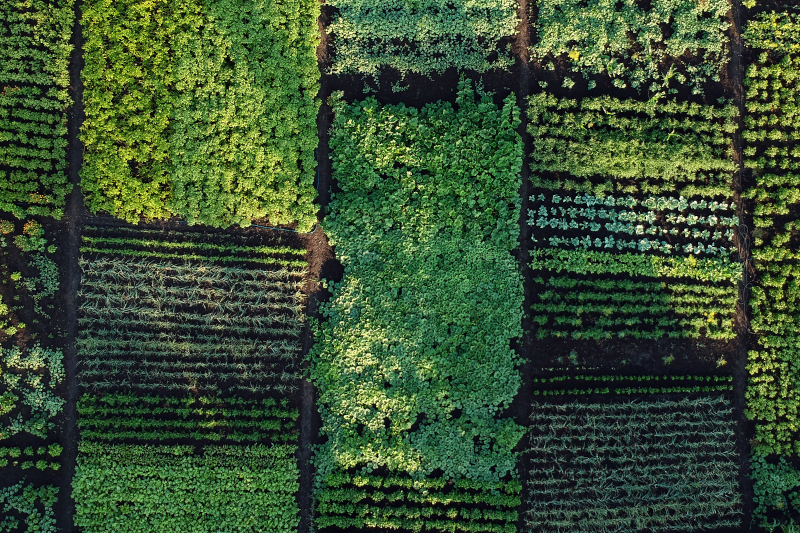
Development of agroecology and concepts
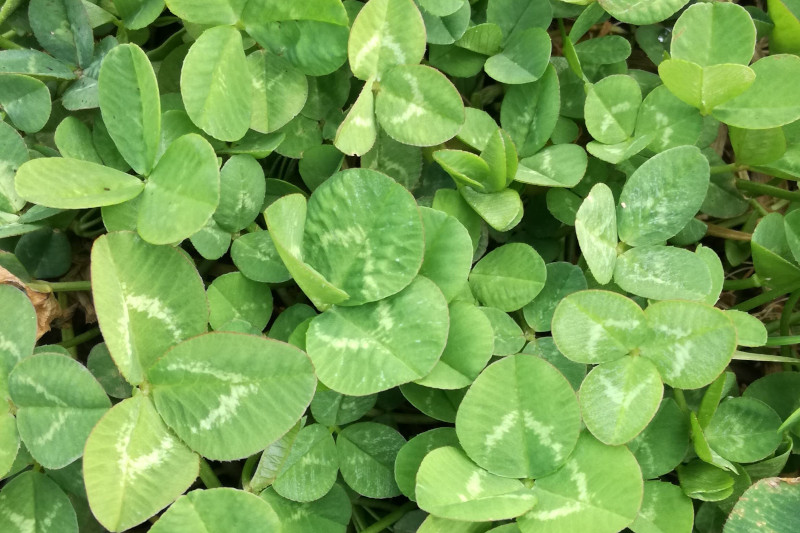
Cropping system diversification and ecosystem services
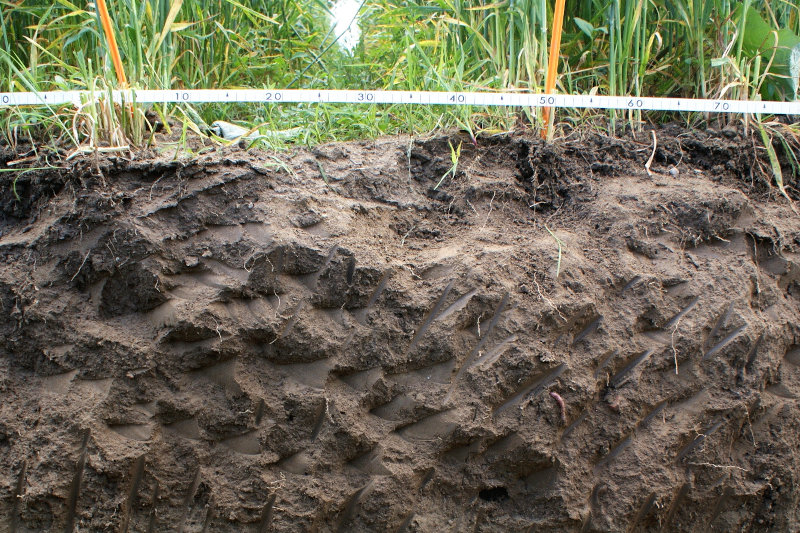
Agroecology and soil health
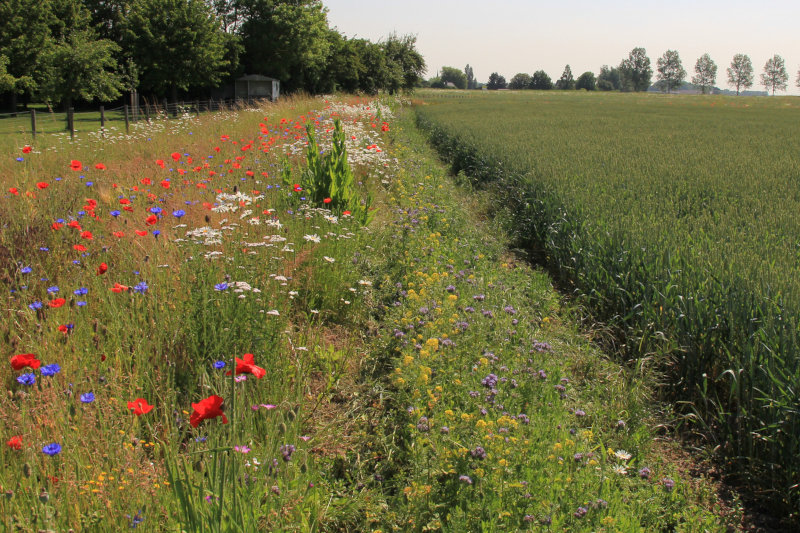
Biodiversity and crop production
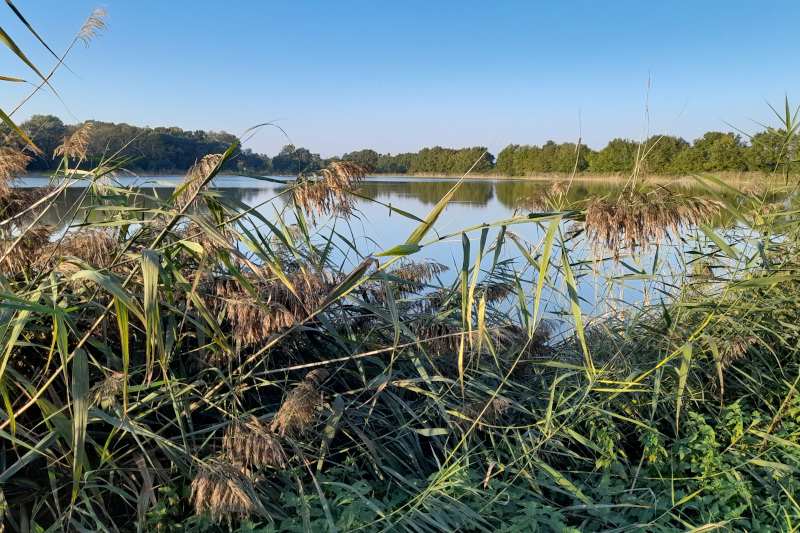
Agroecological fish farming
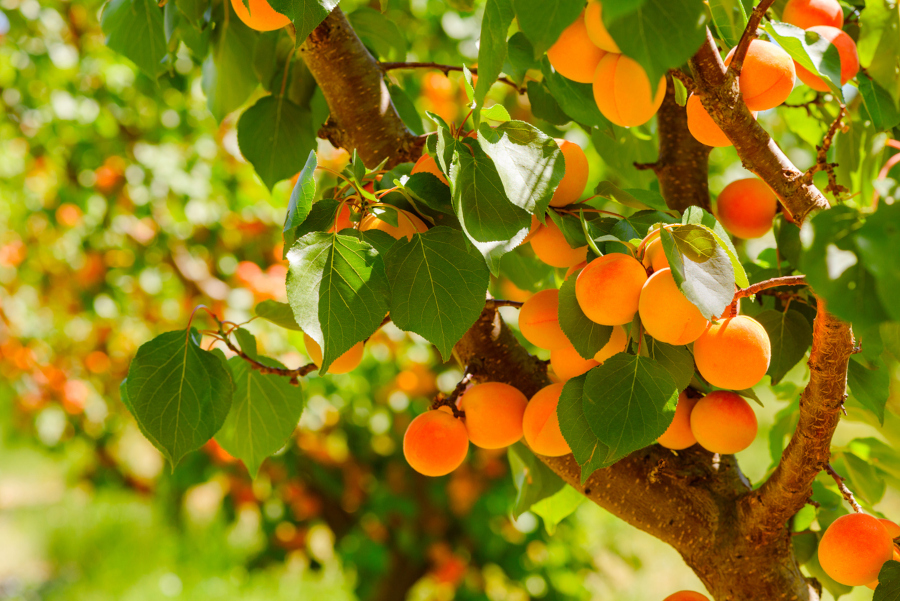
Sustainable food systems and supply chains
Our projects
SEPURE – New strategies for the construction and management of pond production systems for sustainable fish farming (2020-2024)
PERFECO – Farm economic performance and agroecological transitionfrom farm to fork [2023-2027]
Innov’Azote: Understanding nitrogen dynamics in different catchment areas of the Bourbre watershed
VALOR – Comparative analysis of biowaste recycling and on-farm valorisation in a metropolitan area
Key concepts
The 3 elements of agroecology
Agroecology as a term is used since 1930s with a diversity of meaning and embraces a variety of approaches and interpretations as summarized by Wezel et al (2009). This paper conceptualizes the idea that agroecology could be seen either as a scientific discipline, a set of practices or political or social movement.
The figure below summarizes this conceptualization.
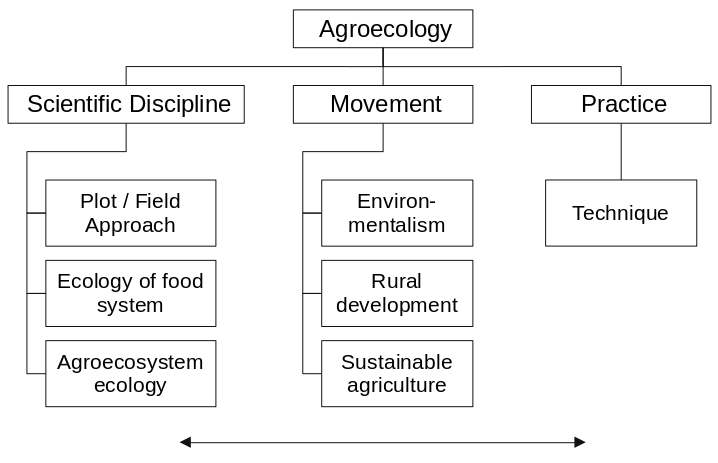
References
Wezel, A., Bellon, S., Doré, T., Francis, C., Vallod, D., David, C. (2009). Agroecology as a science, a movement and a practice. A review. Agronomy for Sustainable Development, 29, 503-515.
13 principles of agroecology
Rooted in the discipline of ecology and agronomy, agroecology developed according to the geographic and social context on various aspects. Recently, a consolidated list of principles was developed and proposed by the High Level Panel of Experts on Food Security and Nutrition of the Committee on World Food Security (HLPE, 2019). This set the definition of 13 agroecological principles that are complementary of the 10 elements proposed by FAO (FAO, 2018). A member of the CLAS had the opportunity to participate in the definition of the 13 principles in the HLPE work.
As stated by Wezel et al. (2020), those principles allow the identification of four key entry points associated with the elements: diversity; circular and solidarity economy; co-creation and sharing of knowledge; and, responsible governance to enable plausible pathways of transformative change towards sustainable agriculture and food systems.
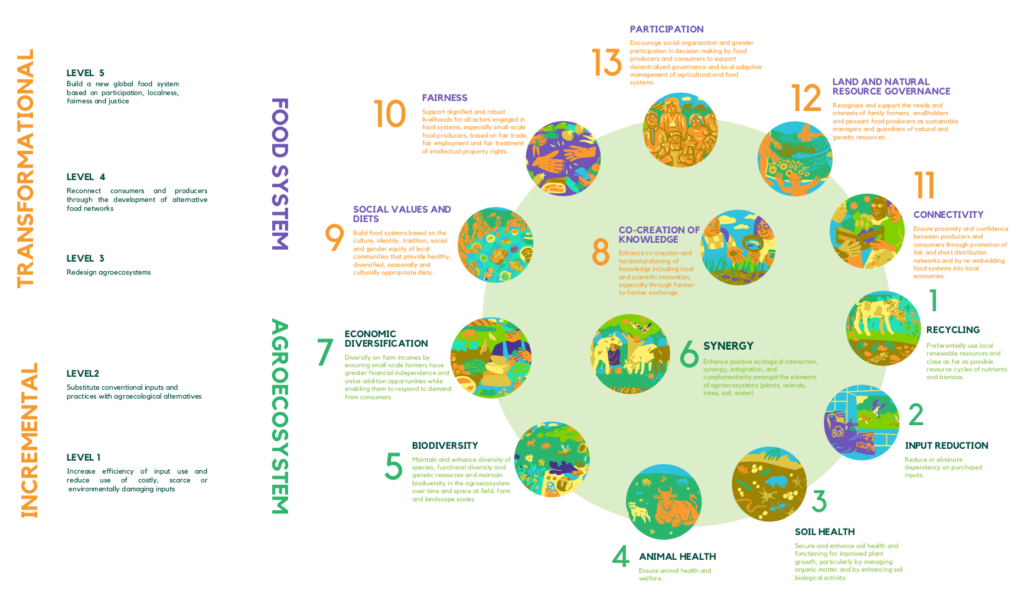
References
FAO. 2018. Agroecology Knowledge Hub. The 10 elements of agroecology. Rome, http://www.fao.org/agroecology/knowledge/10-elements.
HLPE. 2019. Agroecological and other innovative approaches for sustainable agriculture and food systems that enhance food security and nutrition. A report by the High Level Panel of Experts on Food Security and Nutrition of the Committee on World Food Security, Rome.
Wezel, A., Herren, B. G., Kerr, R. B., Barrios, E., Gonçalves, A. L. R., & Sinclair, F. (2020). Agroecological principles and elements and their implications for transitioning to sustainable food systems. A review. Agronomy for Sustainable Development, 40, 1-13
Agroecology territories
Territories are an often neglected scale while being key to apply and foster the development of agroecology. Based on different research projects and the expertise of the team, the concept of agroecology territories was developed (Wezel et al. 2016).
“An agroecology territory can be defined as a territory where:
- a transition toward sustainable agriculture based on agroecological practices exists,
- biodiversity and resource conservation is taken into account,
- territory- linked embedded food systems exist, and
- stakeholders support the transition toward sustainable agricultural and food systems.”
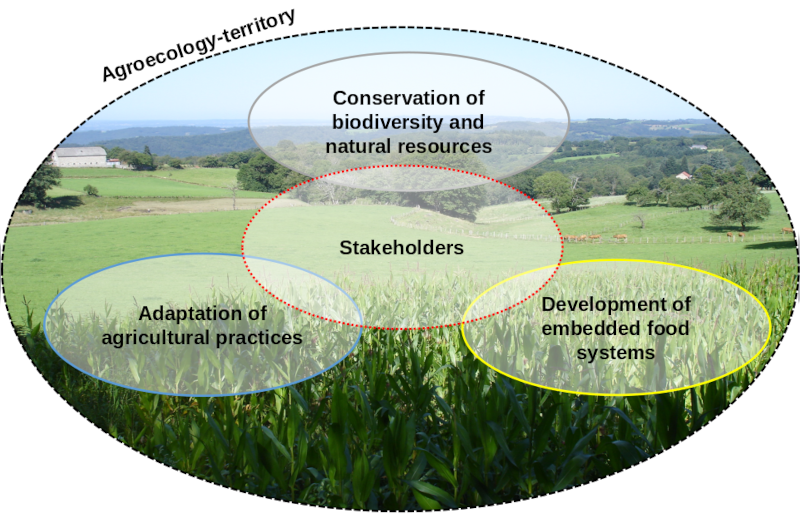
References
Wezel, A., Brives, H., Casagrande, M., Clement, C., Dufour, A., Vandenbroucke, P. (2016). Agroecology territories: places for sustainable agricultural and food systems and biodiversity conservation. Agroecology and sustainable food systems, 40(2), 132-144.
Agroecological practices
The long lasting debate around sustainable agricultural production practices has led to the emergence of different terms including agroecological practices. In 2016, our team proposed a first definition of this concept organized in 15 categories and according to their scale of application (Wezel et al. 2014).
“Agroecological practices are agricultural practices aiming to produce significant amounts of food, which valorise in the best way ecological processes and ecosystem services in integrating them as fundamental elements in the development of the practices, and not simply relying on ordinary techniques, such as chemical fertiliser and synthetic pesticide application or technological solutions, such as genetically modified organisms.” Extracted from Wezel et al. 2014
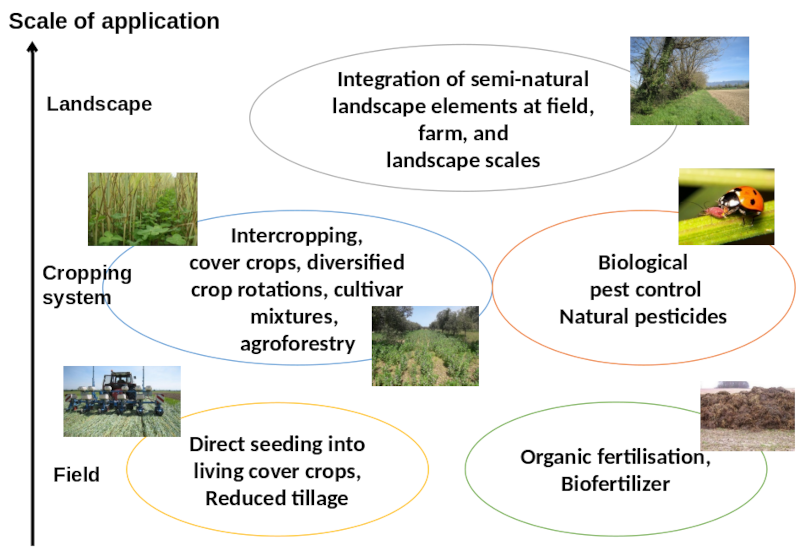
References
Wezel, A., Casagrande, M., Celette, F., Vian, J. F., Ferrer, A., Peigné, J. (2014). Agroecological practices for sustainable agriculture. A review. Agronomy for sustainable development, 34(1), 1-20.
Mid-Scale value chains
SYAMs are distinguished from other food distribution channels (short or long) by their capacity to facilitate collaboration among diverse stakeholders, including farmer groups, vegetable shops, SMEs, wholesalers, foodservice companies, distributors, startups, and local authorities. These partnerships are guided by the objective of developing mutually beneficial supply chain projects. These projects are driven by the construction of “win-win” agreements that enable players to create economic value and share it out among themselves.
Our latest publications
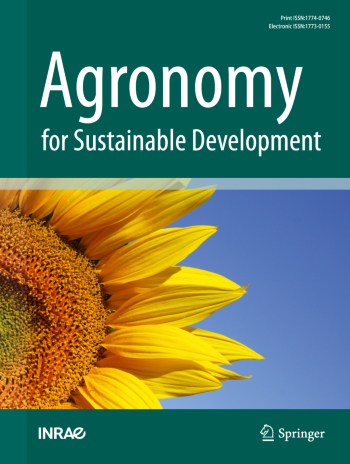
Mouratiadou, I., Wezel, A., Kamilia, K., Marchetti, A., Paracchini, M. L., & Bàrberi, P. (2024). The socio-economic performance of agroecology. A review. Agronomy for Sustainable Development, 44(2), 1-21
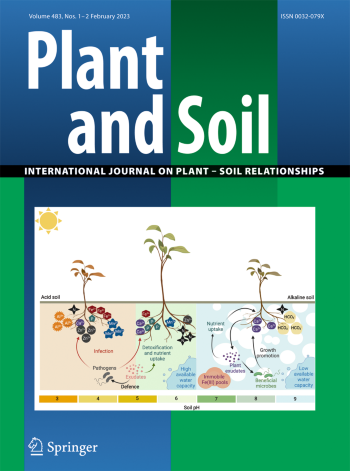
Duchene, O., Capowiez, Y., Vian, J. F., Ducasse, V., Cadiergues, A., Lhuillery, T., & Peigné, J. (2023). Conservation tillage influences soil structure, earthworm communities and wheat root traits in a long-term organic cropping experiment. Plant and Soil, 1-18.
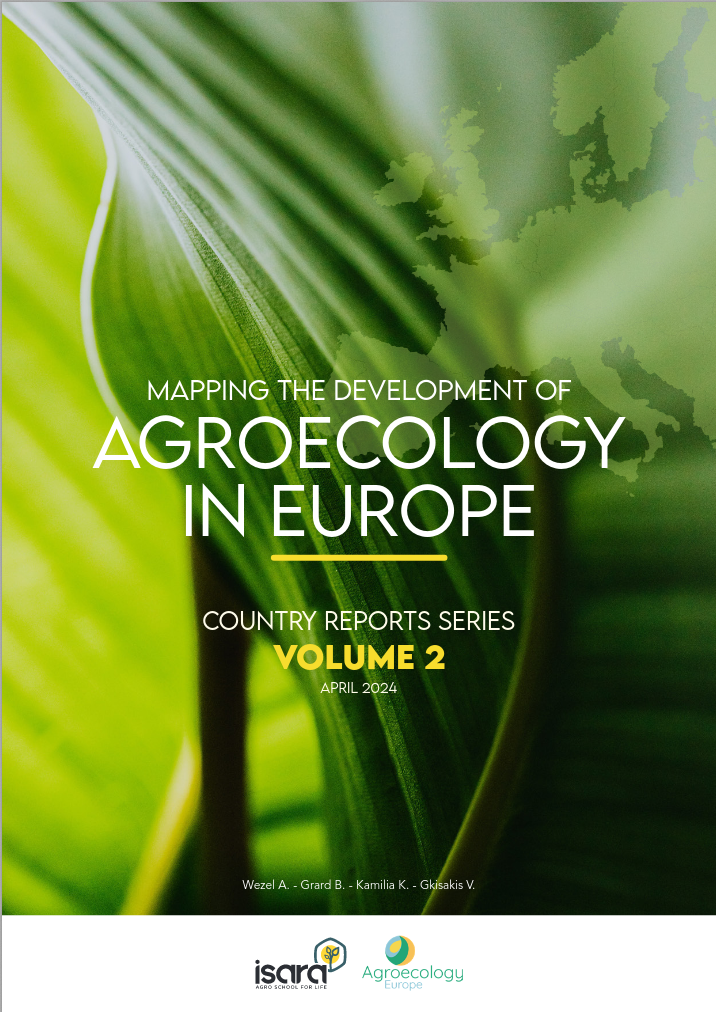
Wezel, A., Grard, B., Kamilia, K., & Gkisakis, V. (2024). Mapping the development of agroecology in Europe – Volume 2. Zenodo. https://doi.org/10.5281/zenodo.11210432
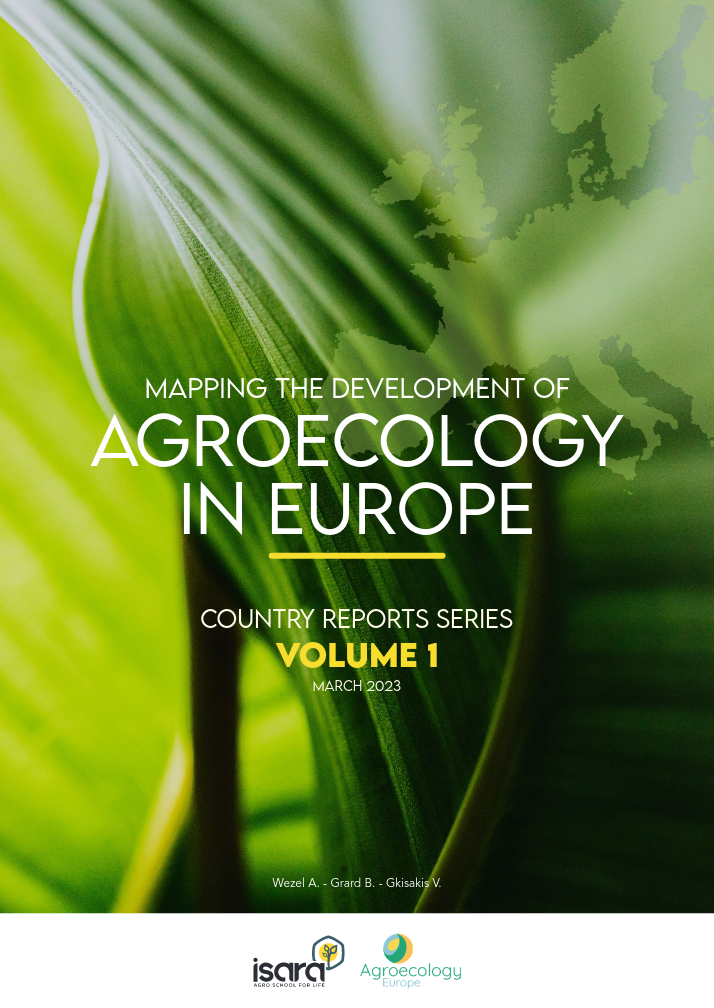
Wezel Alexander, Grard Baptiste, & Gkisakis Vasileios. (2023). Mapping the development of agroecology in Europe – Volume 1. Zenodo. https://doi.org/10.5281/zenodo.7774412
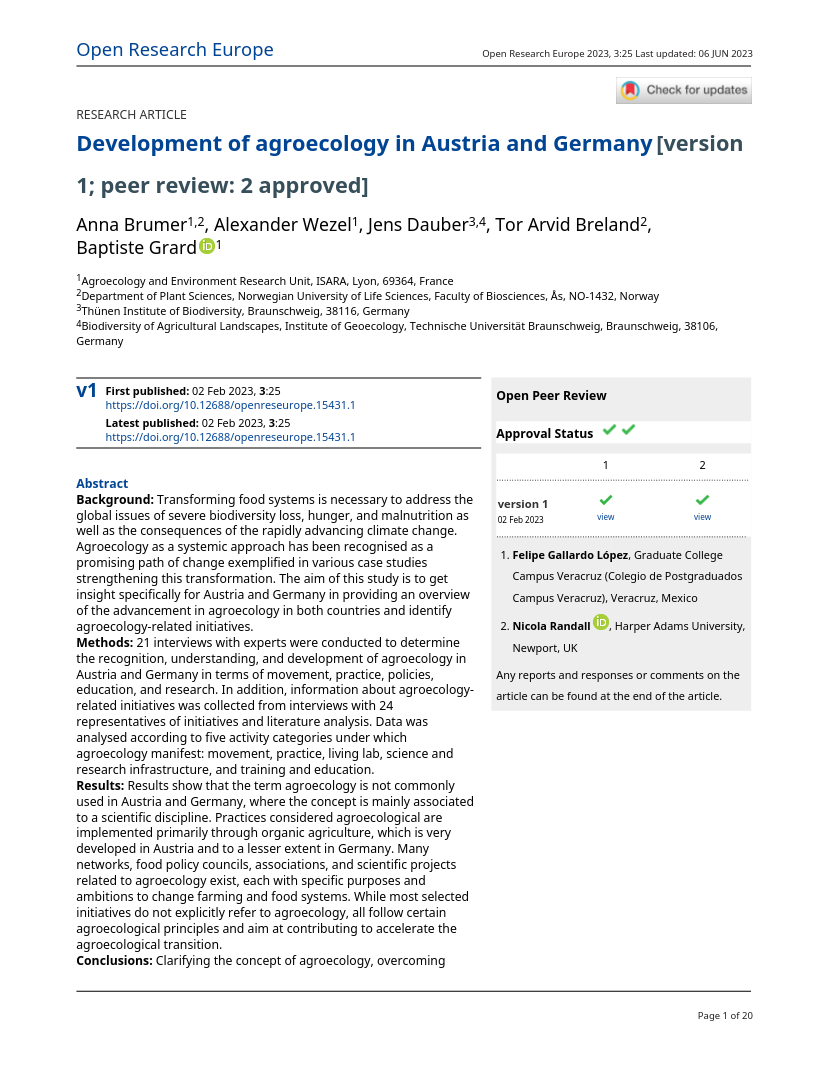
BRUMER, Anna et al., 2023. Development of agroecology in Austria and Germany. Open Research Europe. Vol. 3, no. May, p. 25. DOI 10.12688/openreseurope.15431.1.
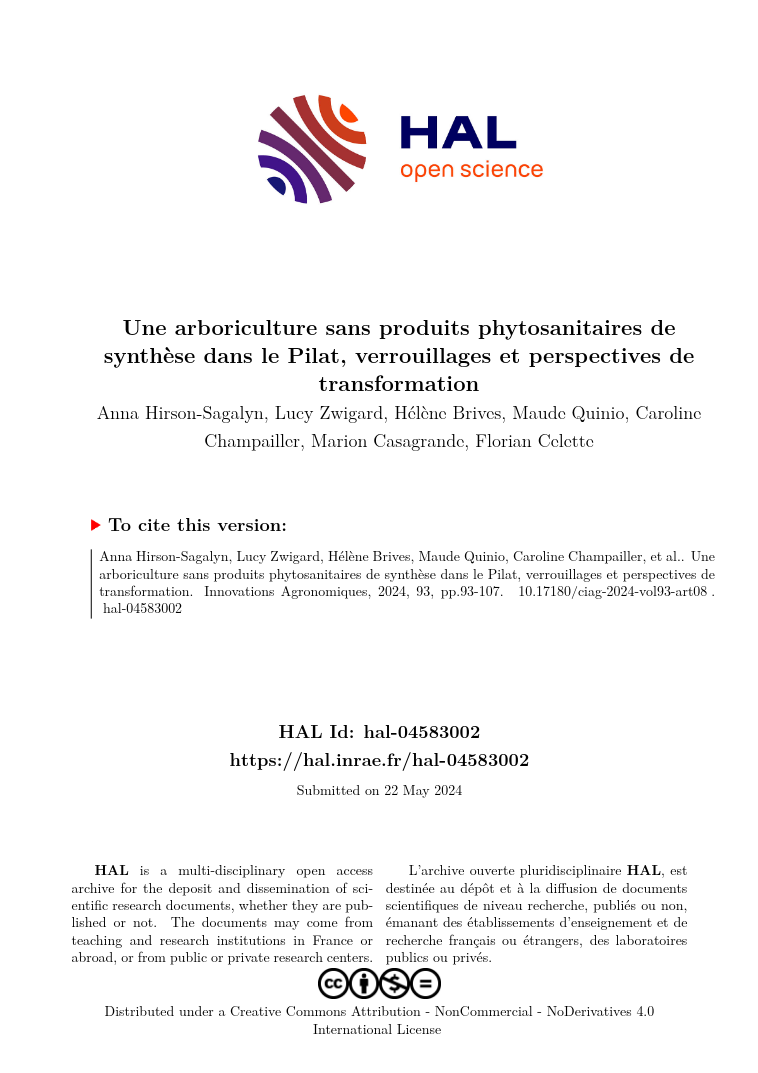
Anna Hirson-Sagalyn, Lucy Zwigard, Hélène Brives, Maude Quinio, Caroline Champailler, et al.. Une arboriculture sans produits phytosanitaires de synthèse dans le Pilat, verrouillages et perspectives de transformation. Innovations Agronomiques, 2024, 93, pp.93-107. DOI 10.17180/ciag-2024-vol93-art08
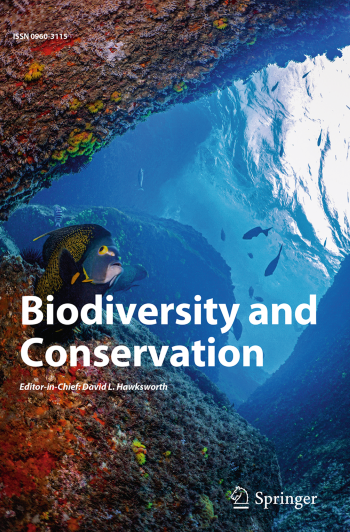
Triquet, C., Wezel, A., Tolon, V., Ferrer, A. (2024). Undestroyed winter cover crop strips support wild bee abundance and diversity in intensive cropping systems. Biodiversity Conservation 33: 179–204. https://doi.org/10.1007/s10531-023-02741-5
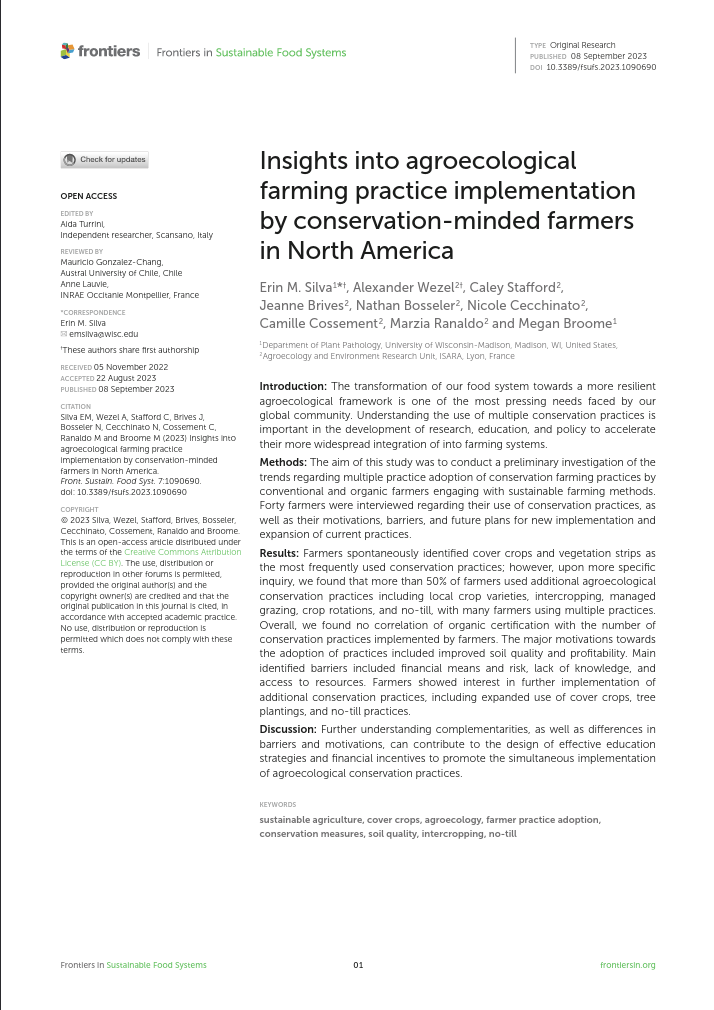
Silva, E.M., Wezel, A., Stafford, C., Brives, J., Bosseler, N., Cecchinato, N., Cossement, C., Ranaldo, M., Broome, M. (2023). Insights on agroecological farming practice implementation by conservation-minded farmers in North America. Frontier in Sustainable Food Systems 7:1090690. DOI 10.3389/fsufs.2023.1090690


